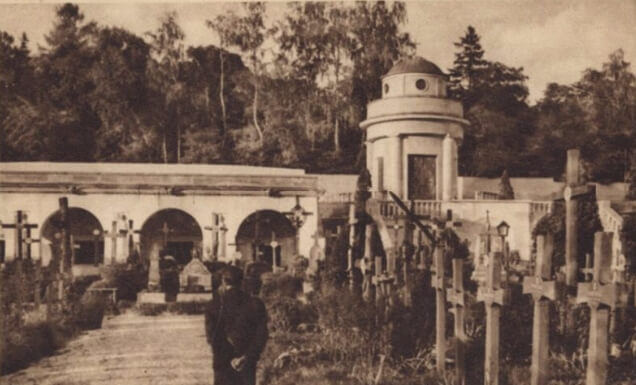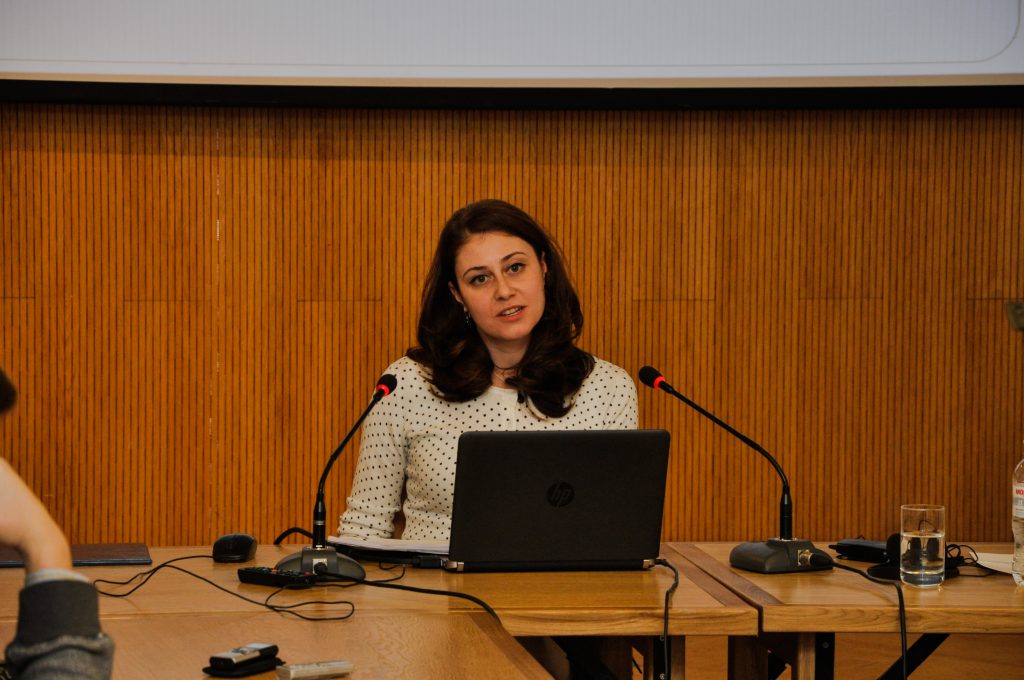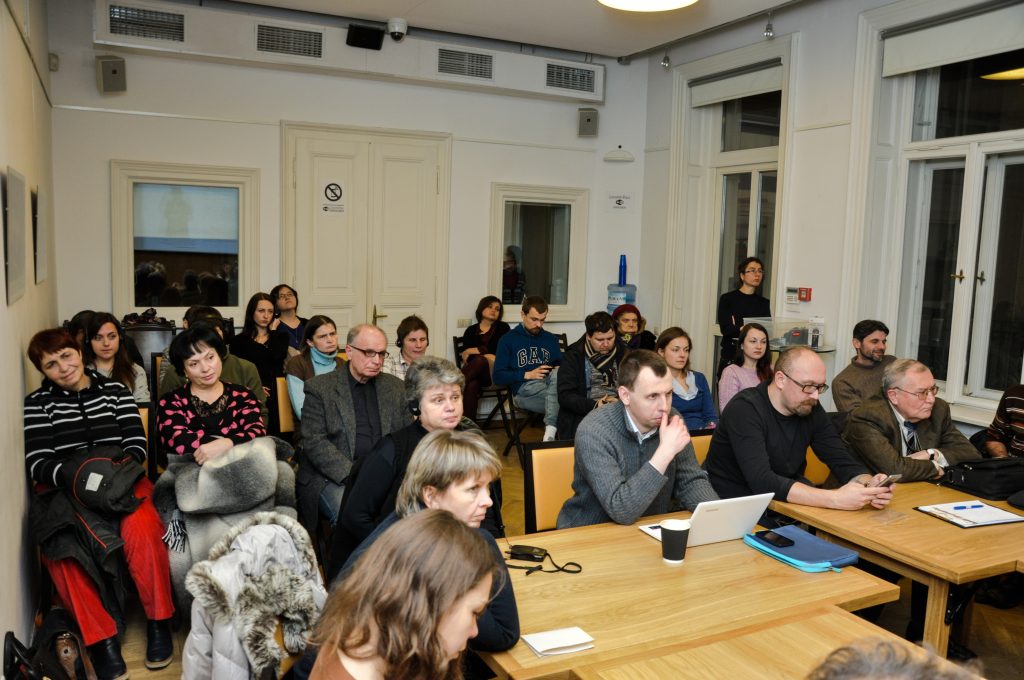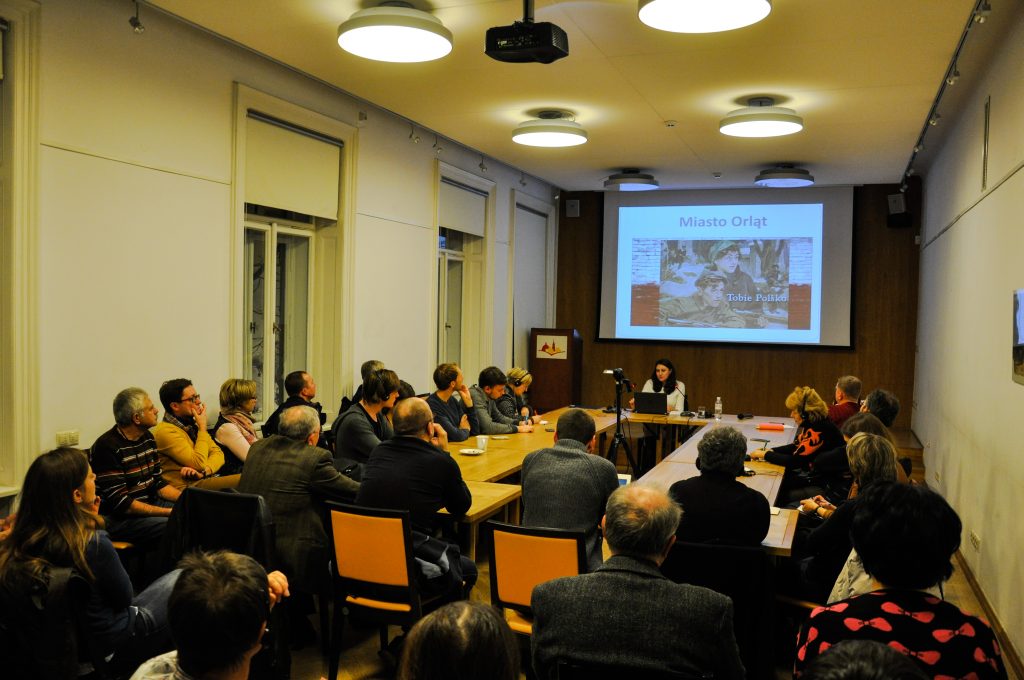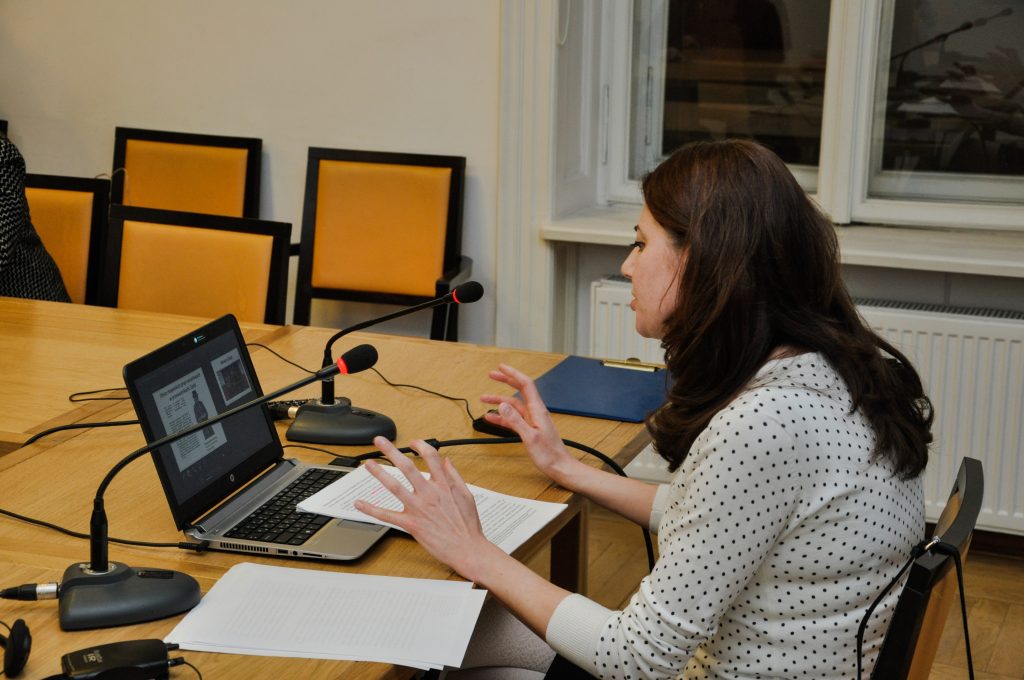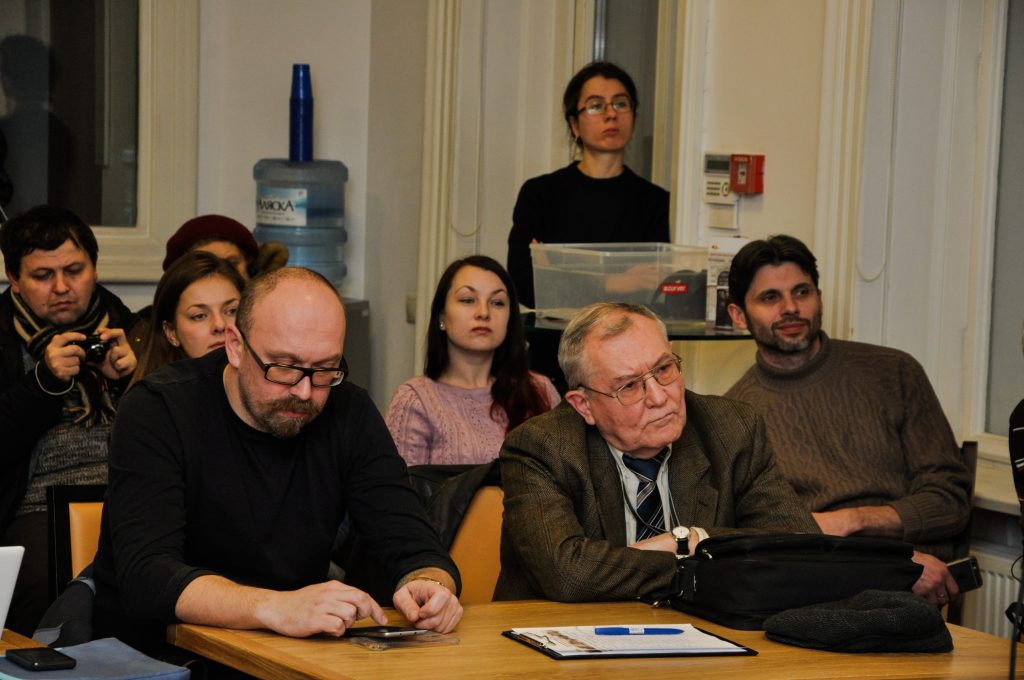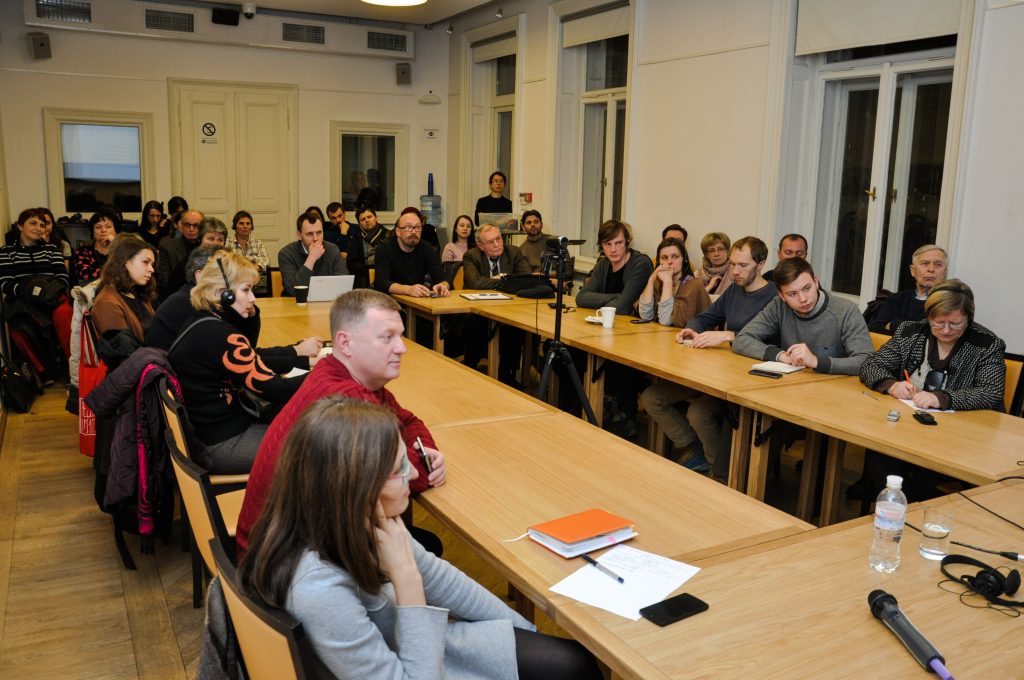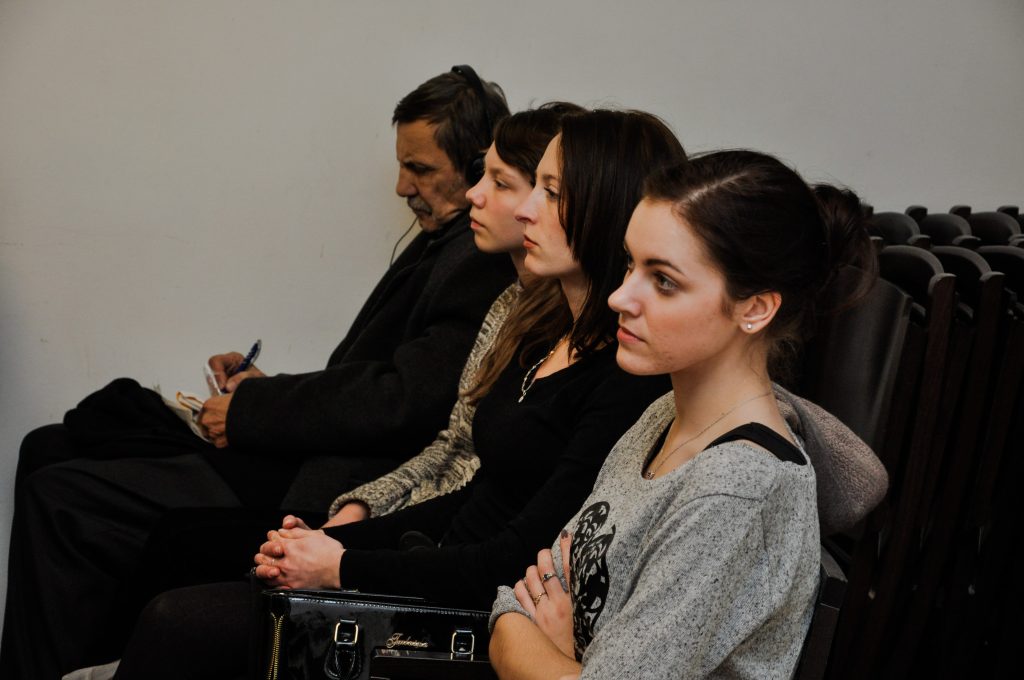"Poland is Here!": Ideological Aspects of Polish Touring and Tourism Associated with Lviv in 1918-1939
Jagoda Wierzejska
University of WarsawDecember 13, 2016 / 6.00 pm
Center for Urban History, Lviv
The lecture will present an analysis of Polish touring and touristic discourse, as well as selected manifestations of tourist traffic associated with Lviv in the interwar period. Already in 1918-1919, i.e. during the Polish-Ukrainian War, and especially after it ended in the victory of the Poles, that discourse presented Lviv (as well as the whole area of the former Eastern Galicia called Eastern Little Poland or the Cherven Cities) as a space exclusively and genuinely Polish. Such presentation of Lviv, built consistently and with considerable success, was not indifferent ideologically; on the contrary, it bore all the hallmarks of symbolic violence because in fact it was obtained with the use of rhetorical means which in the perception of many Poles caused effective designation as enemies or dematerialization of the Galician Jews, Germans, and especially Ukrainians. In this way, the presentation in question precluded representatives of these groups from the official memory of the city, entailed increasingly deeper fragmentation of the urban space along the national-religious divisions, and contributed to retaliatory reactions of non-Polish inhabitants of the city both, in words and deeds. Shaped so as to maintain such an image of the city, touring and touristic discourse, as well as popular touristic projects associated with Lviv, co-created the state- and the national-building myth of Lviv as "the city of Eagles." They also co-created the founding story of the Second Republic on the struggle for the sake of integrity of the Polish territory and the community understood as a deep horizontal integration of the society. The analysis will be conducted on the basis of travel guides for Lviv, as well as descriptions and programs of trips to the city from the period 1918-1939.
a historian of contemporary literature and culture, an adjunct professor in the Department of Literature of the 20th and 21st century at the Faculty of Polish Studies, University of Warsaw (Poland). In 2011 she defended her PhD and won the Prize of the Archives of Polish Emigration for the best PhD dissertation on the emigration topic. A member of the editorial board of the journal “Przegląd Humanistyczny” (“The Humanistic Review”).The author of the book Retoryczna interpretacja autobiograficzna. Na przykładzie pisarstwa Andrzeja Bobkowskiego, Zygmunta Haupta i Leo Lipskiego (Rhetorical interpretation of the autobiography. The cases of writing of Andrzej Bobkowski, Zygmunt Haupt and Leo Lipski) (2012). The co-author of the international project Galician Polyphony. Places and Voices (2014-2015). A fellow of the Center for Urbran History of East Central Europe (2015/2016).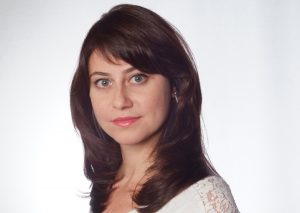
Dr. Jagoda Wierzejska
Jagoda Wierzejska was the monthly Fellow at the Center in April and May. She was working on the topic “Deconstructing the concept of transnational convergence. The idea of Galicia, in Polish discourse of the Polish-Ukrainian war of 1918-1919, particularly in the Battle for Lviv”.
